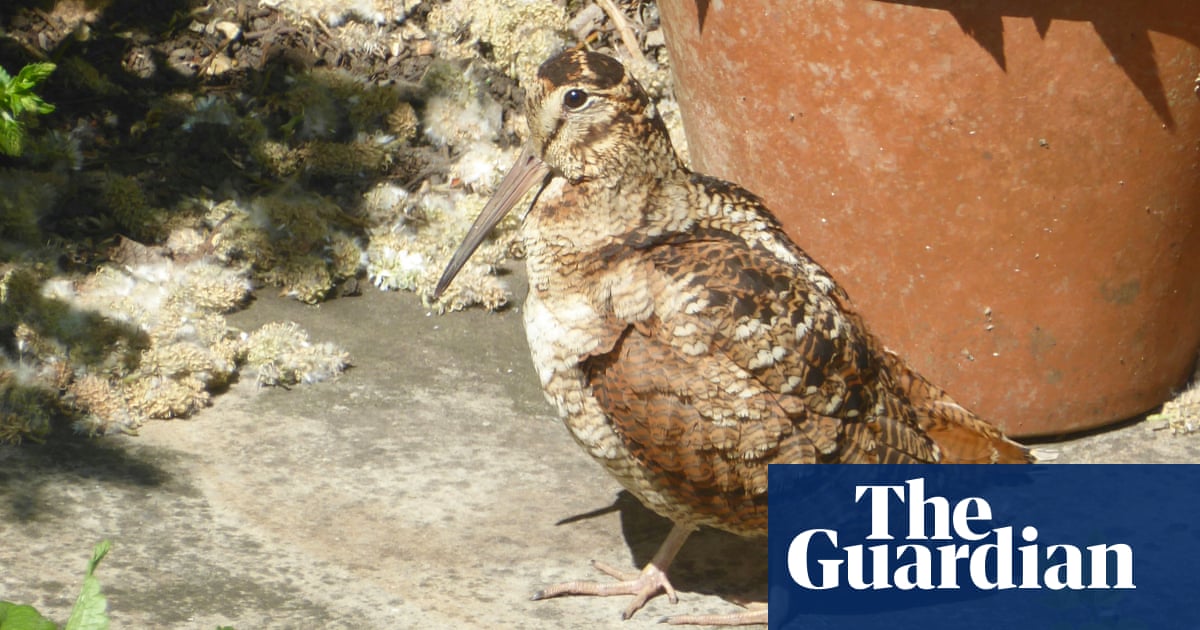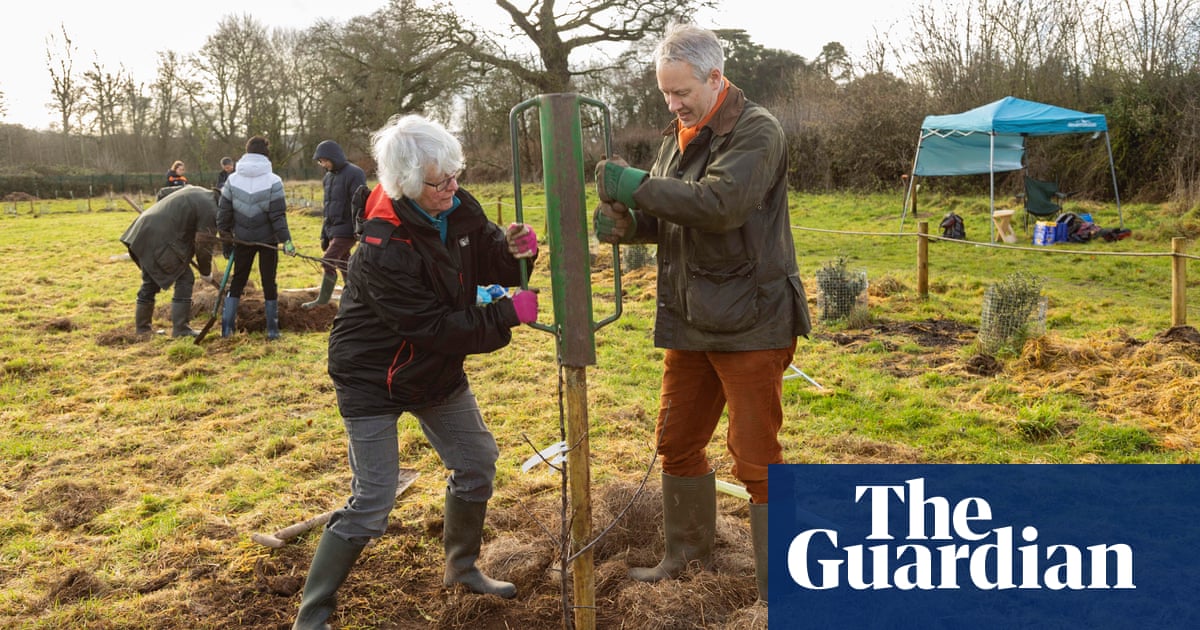
This ridge is reputed to command the most spectacular views found anywhere in Derbyshire, but it’s also notable for two elongated “trenches” that were excavated from the hilltop in a search for fluorspar.
Quarries are usually seen as scars on the landscape, but these sites, known as High Rake and Deep Rake, illustrate the wildlife opportunities inadvertently created by some industrial activities. High Rake has become a cliff site perfect for ravens, wheatears and peregrines, while the stony spoil used to infill Deep Rake has turned it into a superb habitat for flowers and insects.
Last weekend, Longstone was host to two Derbyshire specialities at the same time. One was the woolly thistle, a magnificent if heavily armoured plant with massive magenta flowers that orbit about their stem like a constellation of stars. The second party to this rare union was a visit by the Buxton Field Club.
Britain may be increasingly denuded of wildlife – we’re now the 12th most denatured country on earth – but the rude health of our wildlife societies is indisputable. I doubt there’s a decent-sized town in England that doesn’t have a dedicated group. Buxton’s own was founded in 1946, and nearly 80 years later, the membership is possibly more dynamic than ever.
Its summer habit is a slate of field excursions at local hotspots. To an outsider, they may look like anarchic, wending caravans of conversation and humour, but they are founded on two clear principles. The first is the idea that many eyes see more. I calculated our pace at roughly a mile per 100 minutes, because every few moments up went the occasionally esoteric cry of “Peregrine right!”, or “Dark-green fritillary!” (fast-flying tiger-patterned butterfly), or “Chrysotoxum bicinctum!” (beautiful wasp-mimicking hoverfly).
The other precept was best demonstrated in one wonderful moment when the whole club seemed to be gathered in worship about a single spectacular woolly thistle. To scrutinise the plant in detail was to appreciate how it was an entire ecosystem unto itself, with moths, leafhoppers, spiders, gall-forming flies, butterfly caterpillars, and bumblebees in residence together. As with these creatures, sometimes it is better to share our experience of life with others.












